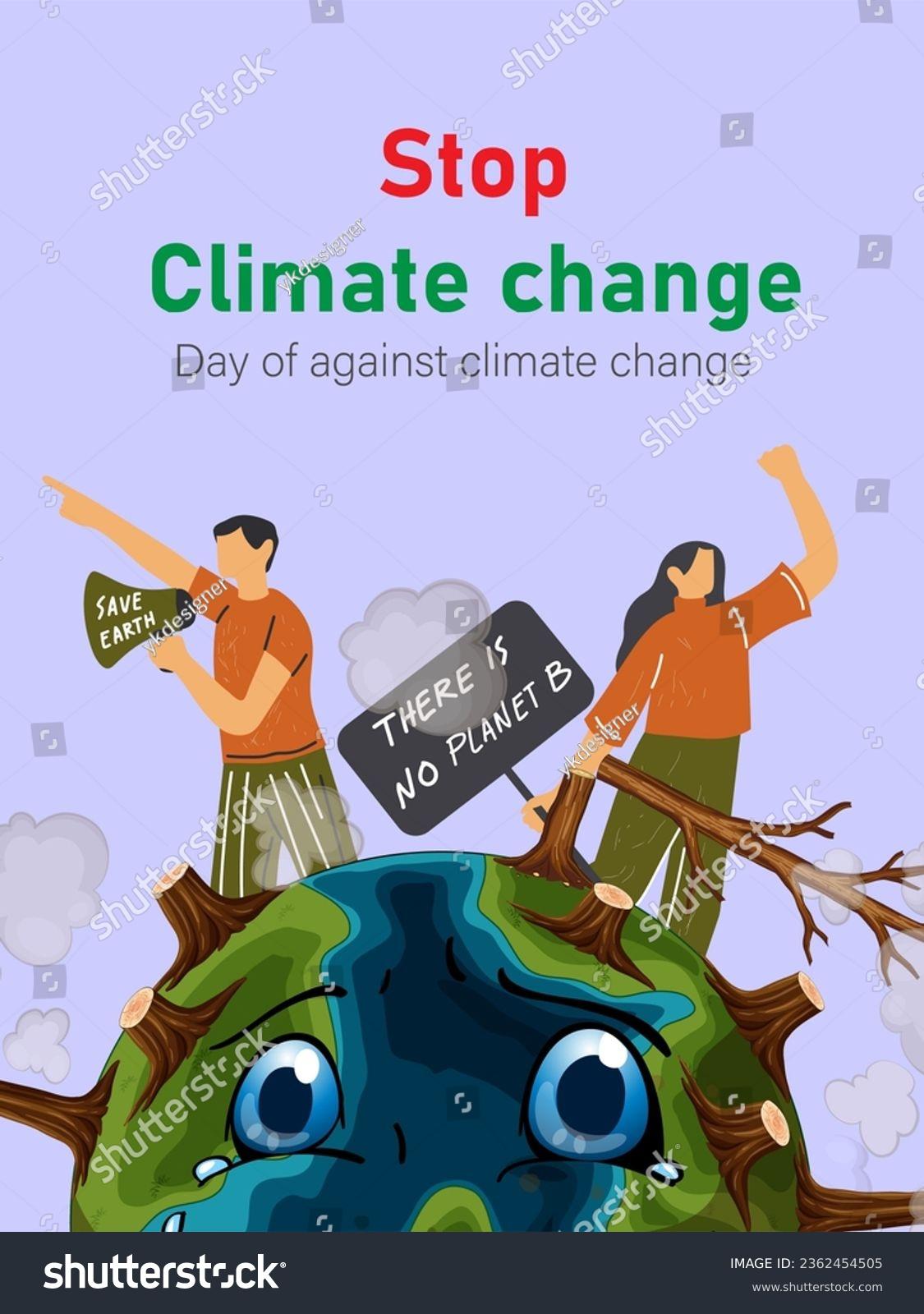Climate change is a change in the "average weather" that a given region experiences. Average weather includes all the features we associate with the weather such as temperature, wind patterns and precipitation. When we speak of climate change on a global scale, we are referring to changes in the climate of the Earth as a whole. The rate and magnitude of global climate changes over the long term have many implications for natural ecosystems.
A natural system known as the "greenhouse effect" regulates the temperature on earth. Human activities have the potential to disrupt the balance of this system. As human societies adopt increasingly sophisticated and mechanized lifestyles, the amounts of heat-trapping gases in the atmosphere have been increased. By increasing the amount of these gases, humankind has enhanced the warming capability of the natural greenhouse effect. It is the human-induced enhanced greenhouse effect that causes environmental concern. It has the potential to warm the planet at a rate that has never been experienced in human history. An international scientific consensus has emerged that our world is getting warmer.
Abundant data demonstrate that global climate was warmed during the past 150 years. The increase in temperature was not constant, but rather consisted of warming and cooling cycles at intervals of several decades. Nonetheless, the long term trend is one of net global warming. Corresponding with this warming, alpine glaciers have been retreating, sea levels have risen, and climatic zones are shifting.
*The 1980s and 1990s are the warmest decades on record
The 10 warmest years in global meteorological history have all occurred in the past 15 years
The 20th century has been the warmest globally in the last 600 years.
Most experts agree that average global temperatures could rise by 1 to 3.5 degrees Celsius over the next century. In Canada, this could mean an increase in annual mean temperatures in some regions of between 5 and 10 degrees.
Climate change is more than a warming trend. Increasing temperatures will lead to changes in many aspects of weather, such as wind patterns, the amount and type of precipitation, and the types and frequency of severe weather events that may be expected to occur. Such climate change could have far-reaching and/or unpredictable environmental, social and economic consequences.
How Will Climate Change Affect Us?
Climate change is more than a warming trend. Increasing temperatures will lead to changes in many aspects of weather, such as wind patterns, the amount and type of precipitation, and the types and frequency of severe weather events that may be expected to occur in an area.
Not all regions of the world will be affected equally by climate change. Low-lying and coastal
areas face the risks associated with rising sea levels. Increasing temperatures will cause oceans to
expand (water expands as it warms), and will melt glaciers and ice cover over land ultimately
increasing the volume of water in the world's oceans. Scientists estimate that sea levels could rise
by an average of 5 cm per decade over the next 100 years. Some estimates suggest that sea levels
could rise by almost a full metre by the year 2100.

